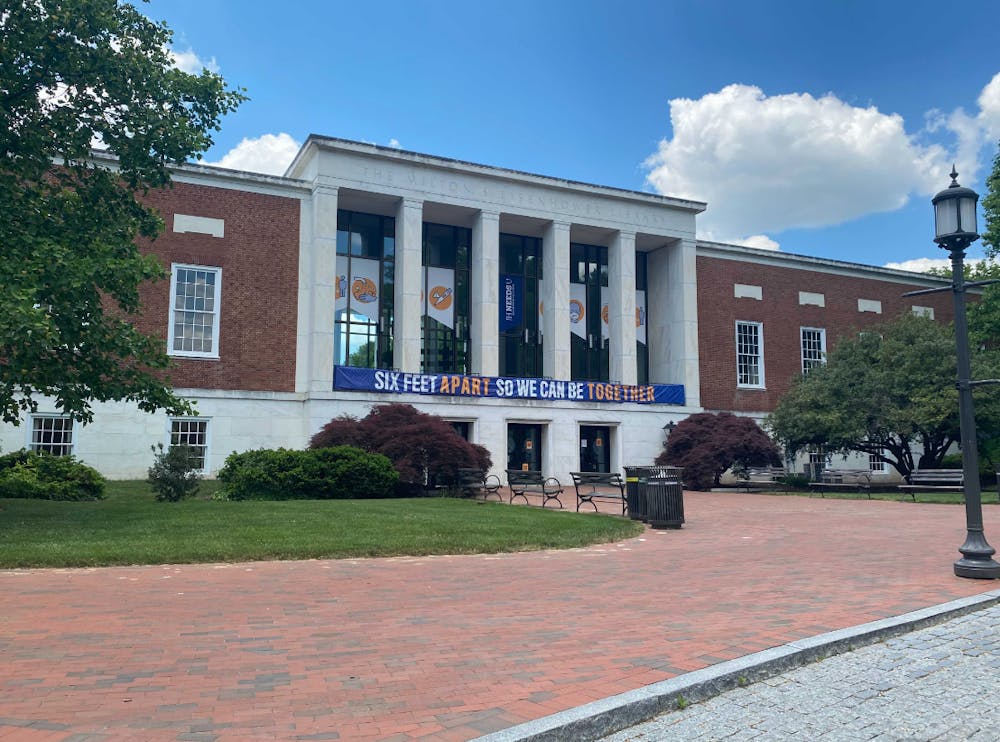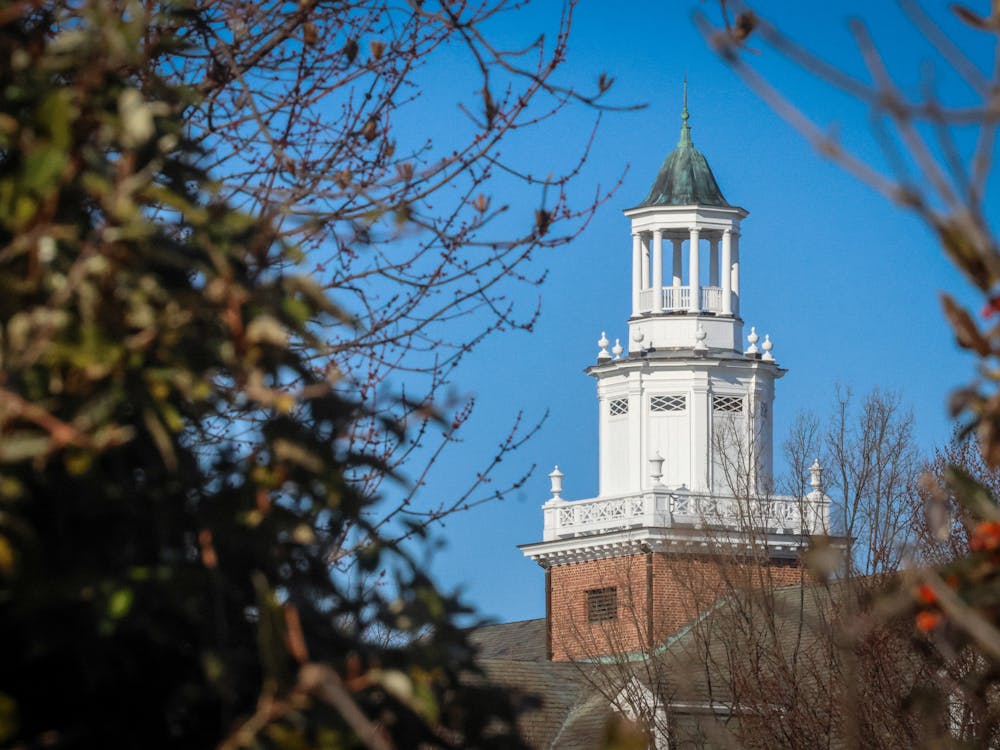University affiliates announced a surge in COVID-19 cases among graduate students in the past week in an email to the Hopkins community on Dec. 17.
Despite this, the administrators affirmed that Hopkins will not be changing its current COVID-19 prevention protocols in their email.
“We continue to see no evidence of COVID transmission in our classroom or research spaces. Case counts among undergraduates, faculty, and staff have stabilized after a brief uptick following the Thanksgiving holiday,” they wrote.
While the majority of cases were reported to be from students in the School of Public Health, 52 of the 120 reported cases were from students in eight of the University’s other graduate schools. All of the cases, according to the University, were traced to off-campus social gatherings.
Alex Parry, a coordinating committee member of Teachers and Researchers United, highlighted in an email to The News-Letter that graduate students have taken many steps to decrease the spread of the virus, including getting vaccinated and testing regularly.
Parry claimed that it is unfair for the administration to attribute COVID-19 cases among the student body to social events that happen off campus when Hopkins has held large-scale events such as Lighting of the Quads.
“This messaging absolves the university of any responsibility for rising COVID-19 rates and encourages faculty and staff to chalk up new cases to the irresponsibility of its students,” he wrote. “These double standards undermine the solidarity necessary to keep the pandemic under control.”
Moreover, Parry noted that graduate students have continued to work in person in order to fulfill their responsibilities to the University despite their increasing concerns of contracting COVID-19.
Yasmine Issah, co-president of the Student Assembly at the School of Public Health, praised the University for its quick efforts in addressing the COVID-19 cluster in an email to The News-Letter.
“[The] quick response to the cluster showed that regular testing does indeed work,” she wrote. “The administration at JHSPH alerted us as soon as they saw the up-tick in COVID cases and classes were switched online to prevent any possible spread on campus.”
According to Issah, School of Public Health administrators encouraged professors to switch to an online format when the University reported the first 23 cases last Tuesday.
However, senior Mandy Mark expressed disappointment in the University in an interview with The News-Letter, highlighting that she expected that the University would be more vigilant in preventing clusters given its prominence in the field of public health.
“It’s obviously distressing. Bad news is always a bit concerning because we always feel that we are being safe,” she said.
Similar outbreaks have occurred at peer institutions; some universities have moved finals completely online while others have given students the option of finishing the semester virtually.
Mark, who has an in-person exam on Monday, affirmed her belief that the University’s current protocols are sufficient.
“Honestly, I do feel confident about the University’s COVID-19 prevention plan on campus,” she said. “In the email, they [the administration] even noted that all of the cases were found off campus. Restricting students causes more harm in terms of social factors that students need to have a healthy college experience and be able to survive under academic pressures.”
In an email to The News-Letter, Vice President for Communications Andrew Green confirmed that the administration is not currently making any changes to its plans for the spring semester.
“We don’t have specific numerical standards for a change in operations,” he wrote. “Rather, we are consulting with our experts in public health and infectious diseases and watching to make sure our containment measures (vaccination, masking, testing, enhanced air ventilation, etc.) are effective.”
Green noted that this is subject to change and the University is continuing to monitor COVID-19 conditions.
In an earlier email, the University announced that it had observed a case of the omicron variant on campus.
In their Dec. 17 email, administrators did not confirm if the cluster is due to the omicron variant.
“While definitive sequencing is not yet complete, we are seeing signs consistent with the emerging omicron variant,” they wrote.
In the email, University leaders emphasized the importance of maintaining consistent social distancing and mask-wearing practices, avoiding large gatherings, getting tested regularly and registering for booster shots through MyChart. They also urged for students to leave campus immediately after their exams.
Parry finds this advice problematic, asserting that, while this might lower COVID-19 rates at Hopkins, this might also spread the virus to other communities.
He stressed that the University largely depends on the labor of graduate students and must provide them with the necessary means of support.
“Until the administration starts treating us all as integral members of the Hopkins community, the university will have to keep prioritizing damage control over proactively safeguarding the health of its members,” he wrote.
Leela Gebo contributed reporting to this article.

















